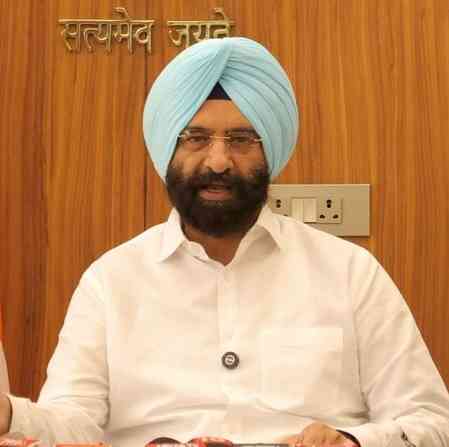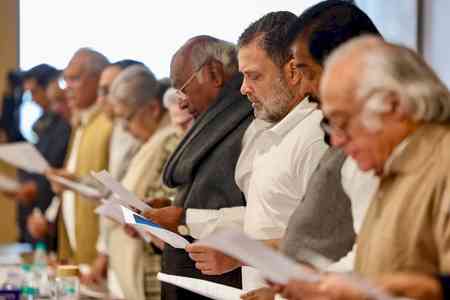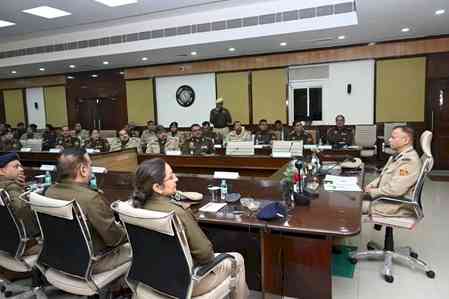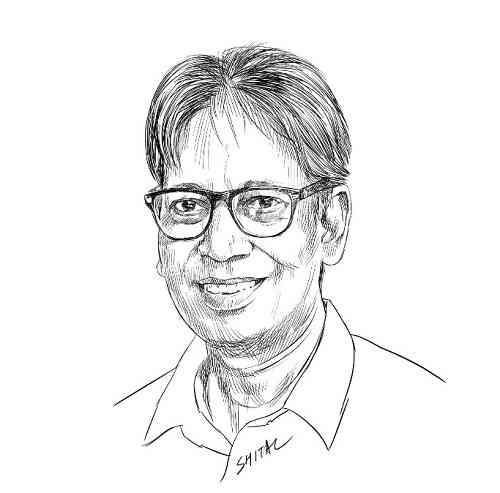Assam to use 1950 law to expedite deportation of illegal immigrants
In a move likely to spark a political uproar, the Assam government has decided to invoke a little-known law from 1950 -- the Immigrants (Expulsion from Assam) Order -- to fast-track the deportation of undocumented immigrants, bypassing the usual judicial process.
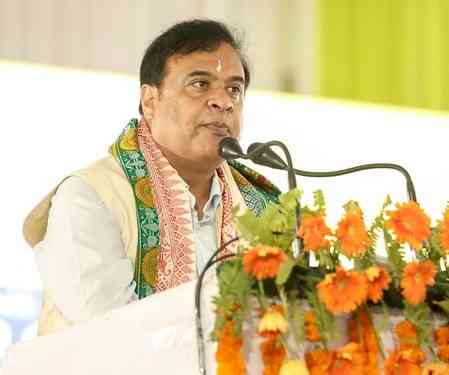
Guwahati, June 7 (IANS) In a move likely to spark a political uproar, the Assam government has decided to invoke a little-known law from 1950 -- the Immigrants (Expulsion from Assam) Order -- to fast-track the deportation of undocumented immigrants, bypassing the usual judicial process.
Chief Minister Himanta Biswa Sarma announced the shift on Saturday, stating that the identification and removal of "foreigners" would now proceed at a faster pace after slowing down due to complications surrounding the National Register of Citizens (NRC).
“This time, if someone is identified as a foreigner, we will not have to approach the foreigners’ tribunal to initiate a pushback,” Sarma said.
Referring to a previous Supreme Court hearing on Section 6A of the Citizenship Act, he added that the court had clarified the Assam government is not obligated to seek judicial approval for every deportation.
He pointed to the Immigrants Expulsion Order, enacted in 1950, which he claimed grants district commissioners (DCs) the authority to issue deportation orders without judicial intervention.
“Our lawyers had not informed us about this provision earlier. We recently became aware of it, and we are now taking it seriously,” he said.
The Chief Minister confirmed that deportations have already begun under the renewed approach, though individuals with pending cases in court have not yet been affected.
The move marks a departure from the long-standing process involving foreigners’ tribunals -- quasi-judicial bodies responsible for determining the status of suspected undocumented immigrants.
Until now, individuals declared as “foreigners” by the tribunals had the right to challenge the verdict in the High Court and the Supreme Court.
However, the policy shift has triggered concern among minority communities and political groups.
The All India United Democratic Front (AIUDF), a minority-based opposition party, recently petitioned Assam Governor Lakshman Prasad Acharya, alleging widespread harassment of Indian Muslims under the guise of targeting illegal immigrants.
In a memorandum submitted to the Governor, the party claimed individuals, particularly from the Muslim community, were being detained, interrogated, and even arrested based on mere suspicion, often without credible evidence or due legal process.
In several instances, detainees were later released after being confirmed as Indian citizens, the AIUDF noted.
As Assam moves forward with implementing the 1950 law, legal experts and human rights advocates are expected to scrutinise the constitutionality of bypassing tribunals -- a move that could open up a fresh round of litigation and public debate.


 IANS
IANS 
